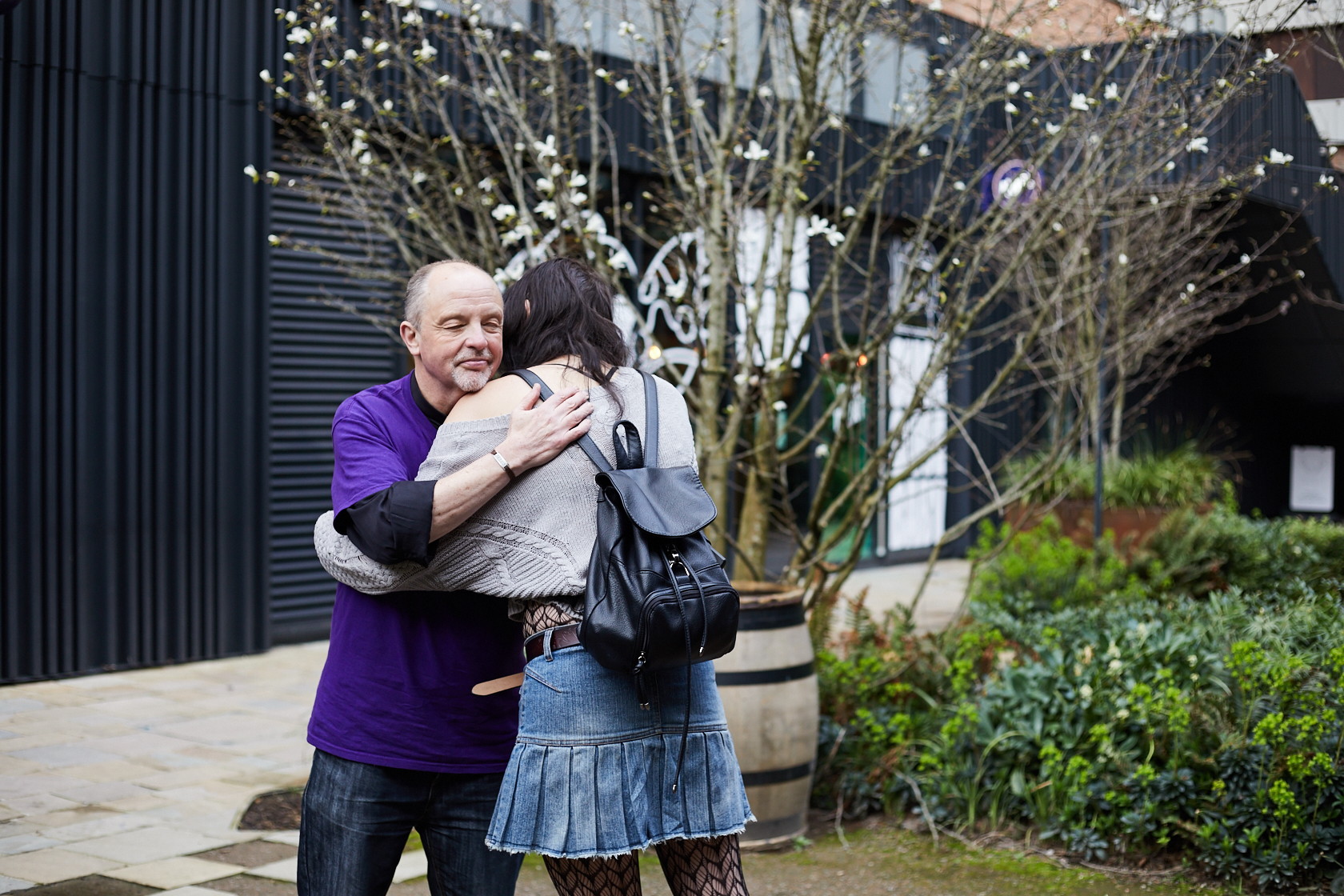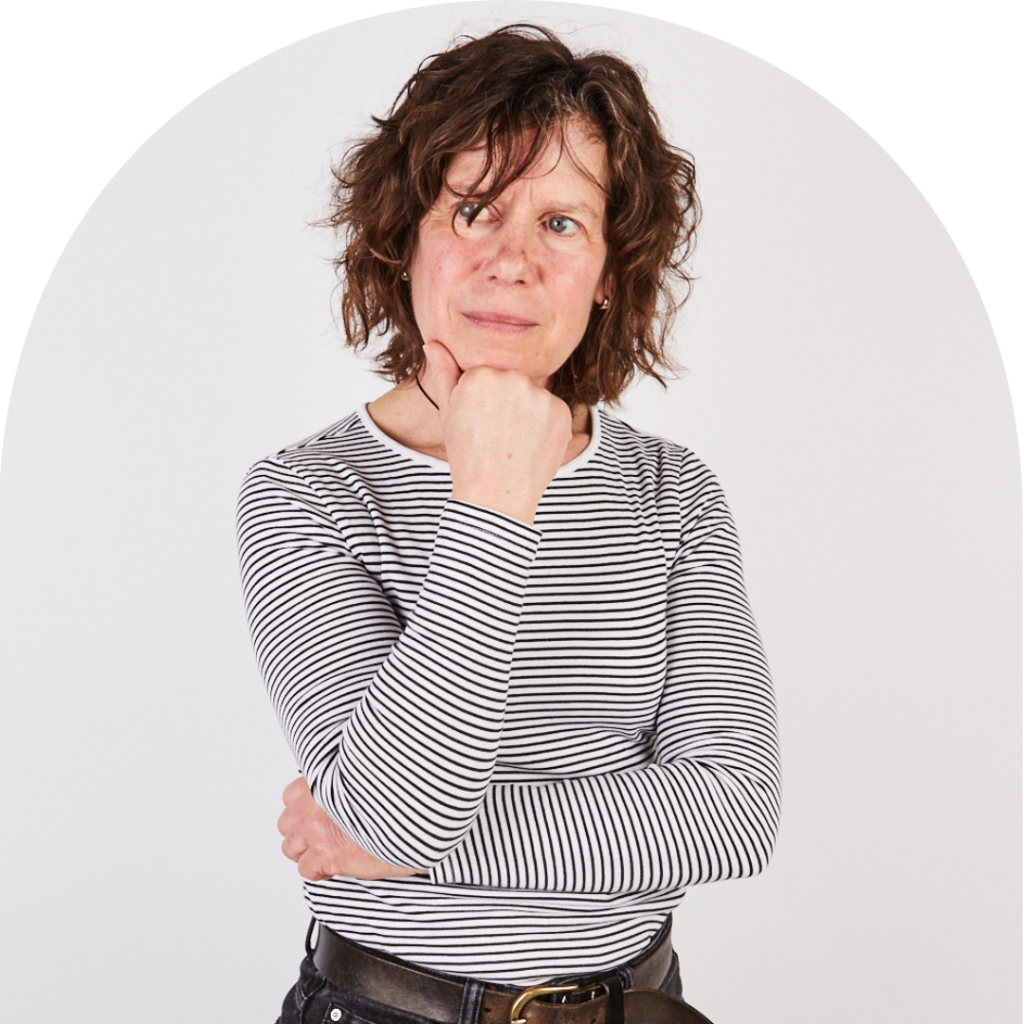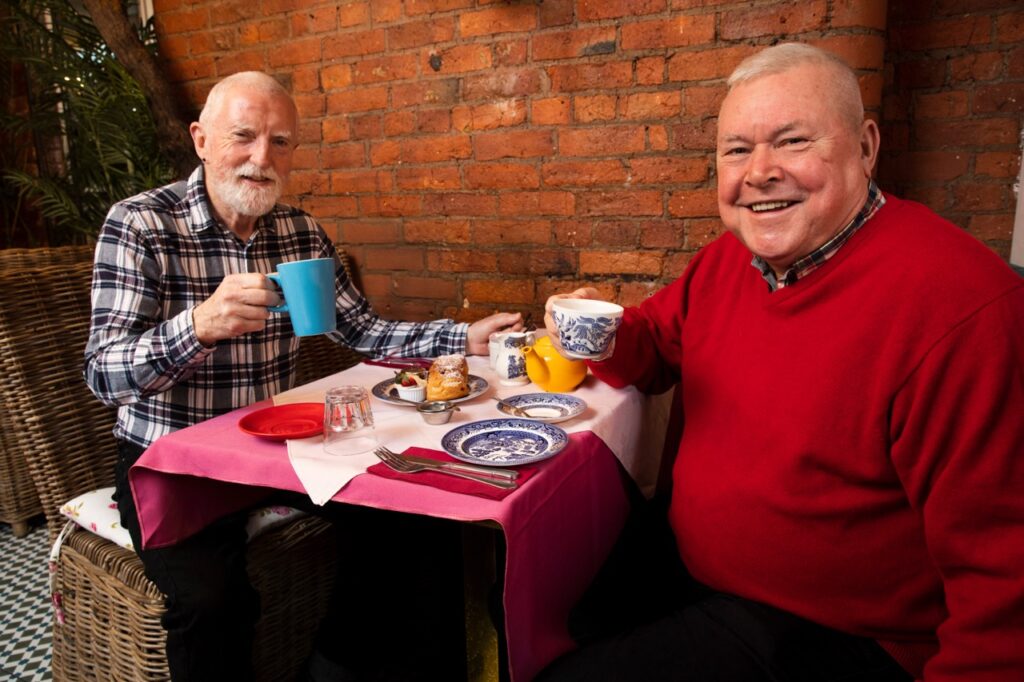
Knowing how to spot isolation in yourself or others can help you make important decisions to reach out and get support.

Isolation is particularly common among people aged 50+ and research indicates that LGBT people aged 50+ are at increased risk of isolation compared to their heterosexual and cis counterparts.
Feelings of isolation can be influenced by a number of factors including:
Research conducted by LGBT Foundation revealed that half of LGB respondents lived alone, 40% were single and 12% said that they had no one they could turn to if they needed support.
Previous negative experiences such as family rejection can mean that LGBTQ+ people are less likely to have a support network of parents, siblings or children and instead rely on friends within LGBT communities.
‘I have a strong number of friends around me, but as I get older they too will die and I may be left isolated’
Even accessing LGBTQ+ affirmative spaces can be problematic for LGBT people over 50. In 2018, Stonewall found that 21% of LGBT people aged 55-64 and 28% of LGBT people aged 65+ have experienced discrimination or poor treatment because of their age in the local LGBT communities.
This could, in part, be because a large proportion of social and safe spaces for LGBT people are bars, clubs and events catering for single people under the age of 50.
LGBT Foundation’s research shows that a third of older LGBTQ+ people highlighted isolation as a concern or expressed a desire to meet others.

Recognising the issue is half of the solution – but where do you go next for help with isolation?
We have some resources to help with isolation. You can also access our talking therapies support, or call our helpline.






